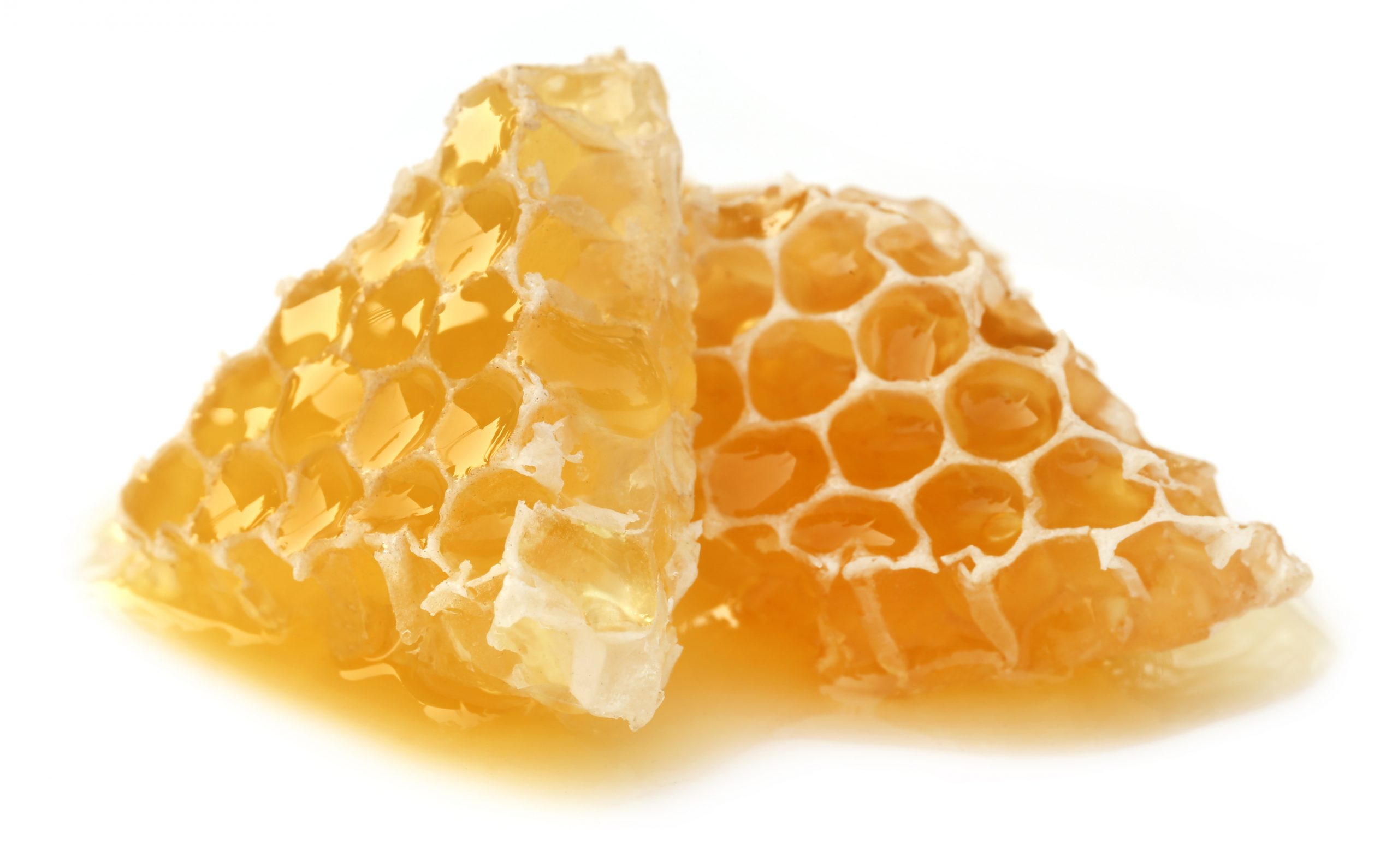China’s Impact on the Honey Industry
October 01, 2015
A close second to Australian vitamins in the Chinese health food market is Manuka honey, this according to Capilano Honey’s sales director Peter McDonald in an article featured on The Australian.com. The demand for Manuka honey in China is so high in fact that Capilano purchased the largest Manuka production operation for upwards of $6 million to simply meet the Chinese demand. With the ability to meet the growing demand, the only remaining factor is passing a free-trade agreement.
“We’re really supportive of the FTA, because New Zealand is our main competitor in the Chinese market and they’ve already got an FTA (with China) and tariffs have already gone to zero,” said McDonald. Currently, the honey exported from Australia to China carries a 15 percent tariff. Under the newly proposed trade agreement, this tariff will be reduced to zero in just five years. This, McDonald believes, will help to grow Capilano’s overall sales, helping them to be more competitive with other producers.
Capilano Honey turned over a revenue of over $120 million dollars last year, which was an $85 million dollar increase from the previous year. “The Chinese view Australia and New Zealand as two premium markets,” McDonald said. “They know Australia is clean and green, they can trust the quality of our products, and can trust the Capilano brand.” Capilano produces approximately 15,000 tons of honey annually and exports to almost 33 different countries, which accounts for one-fifth of their business.
In the past year alone, shipments of Manuka honey from Capilano’s to China, which includes the cities of Hong Kong and Macau, doubled. “With the FTA, we’ll continue to see our sales to China double year-on-year,” McDonald said. “When you look at the ageing population in China, there’s a demand for healthy foods and honey fits that demand. There’s been a lot of research into Manuka honey’s antibacterial properties … and it’s a premium product the Chinese give to family and friends.”
While it seems like only positive things can come from an Australian free trade agreement with China, which is being called ChAFTA, there is some opposition to having the bill passed by parliament. Specifically, Federal Labor Leader Bill Shorten has expressed his reservations regarding the impact the free trade agreement will have on jobs in Australia and unions are waging a ferocious campaign against the legislation. But, even with the reservations, McDonald remains steadfast that the changes brought on by the ChAFTA will be “positive” for both Capilano’s and the rest of the country.


.jpg)



